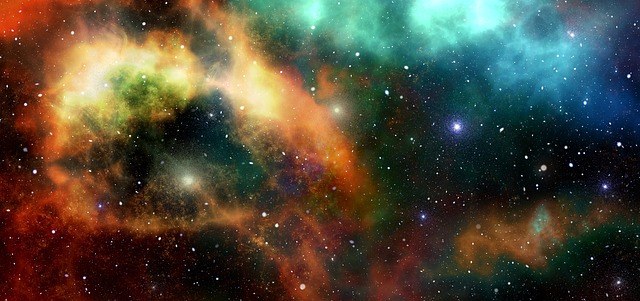
New research revealed that the universe is expanding at a much faster rate than it should be. The new research report states that the revised expansion rate of the universe is about 10% faster than that predicted by observations of the universe's trajectory shortly after the Big Bang.
The study report also reduces the probability of this disparity is a coincidence from 1 in 3,000 to just 1 in 100,000. It should be noted that the rate of the expansion of the universe is called the Hubble's Constant and it is incredibly tricky to pin down.
"This mismatch has been growing and has now reached a point that is really impossible to dismiss as a fluke. This is not what we expected," said Adam Riess, a professor of physics and astronomy at The Johns Hopkins University in Baltimore and the lead author of the study in a recent statement.
During the study, researchers used the Hubble Telescope and calculated the absolute brightness of 70 Cepheid variables in the Large Magellanic Cloud more accurately than ever before. Using the available data, researchers derived a new Hubble constant, 74.03 kilometres per second per megaparsec. Interestingly, this Hubble constant indicated that the universe is expanding at an accelerated speed of 9 percent when compared to the previous Planck data.
Experts are still unclear about the factors which catalyze the expansion of the universe. However, many space experts believe that it might be the mysterious repulsive force known as dark energy that is causing the quick expansion. This mysterious form of energy is touted to comprise more than 70 percent of the universe and it is currently the most accepted theory to explain the rapid expansion of the universe.
A few weeks back, space experts had revealed that a dark matter hurricane will slam into the earth, as it moves through the Milky Way. Initial studies indicate that this hurricane will be travelling at a speed of 500 kilometres per second. Even though widely considered as one of the most turbulent space events, this dark matter hurricane will not cause any damages to our planet, instead, it will help give valuable inputs to understand the dark mysteries of the universe.
The research report was published in the journal Arxiv.









